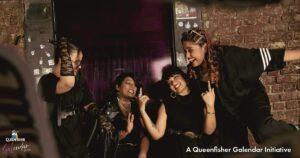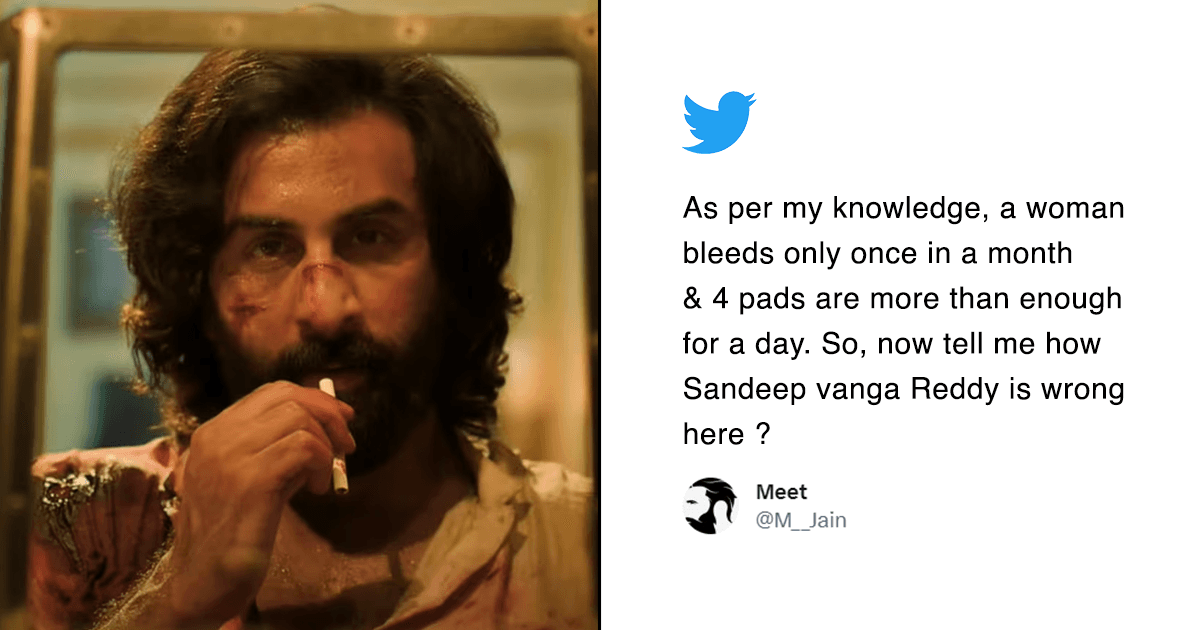In 2021, we saw only two good women-led films in Bollywood – Sherni and Mimi. One told the story of a forest officer and the hostility she faces at work and the other dealt with surrogacy in India.
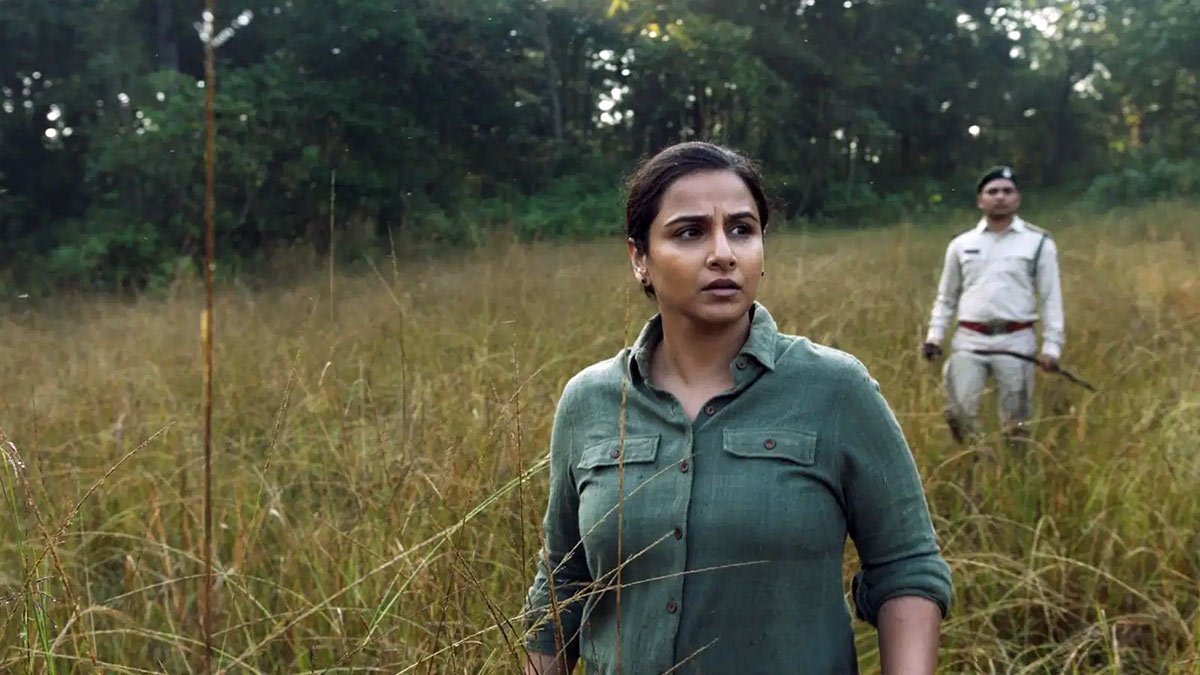
However, apart from these two movies, none of Bollywood’s other feature length films gave a female actor more than 20 minutes of screen time. Yes, we’re looking at you Sooryavanshi.
But there was a short film, which in just half an hour, won us over completely and gave women the representation they deserve. Netflix’s Geeli Pucchi in Ajeeb Daastaans truly captured womanhood, sexuality and the role caste plays in it all.
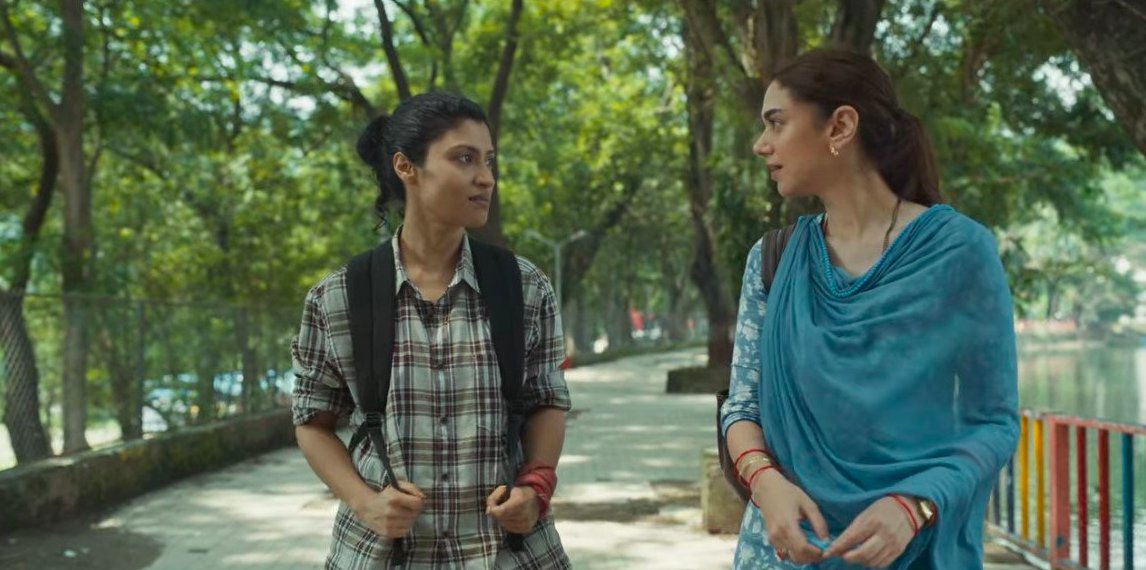
Starring Konkona Sen Sharma and Aditi Rao Hydari, this film took us through the lives of two women, one married Brahmin with a husband – who lives a heterosexual life, and another who is a Dalit worker and very aware of her sexuality as a queer person.
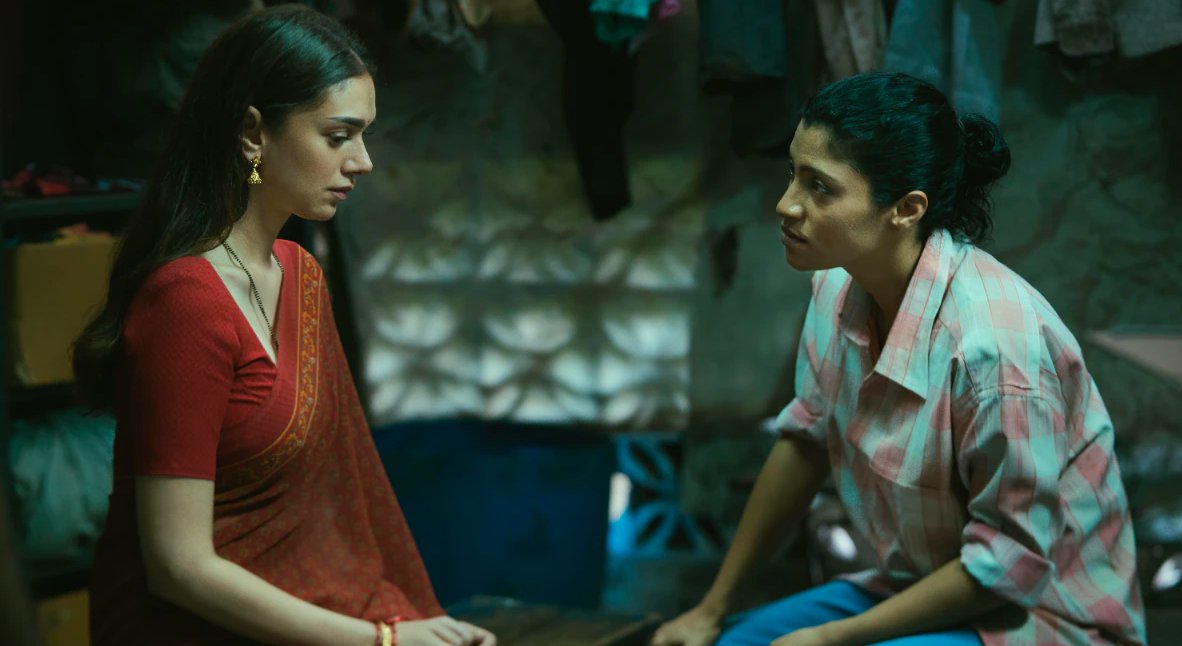
Written and directed by Neeraj Ghaywan, this film navigated through patriarchy and prejudice that has been ingrained in women, and the loneliness of hiding from it all often brings. The women meet at work and slowly find themselves spending a lot of time together. Though there is more to this film than just their love story, it is a part of what set this film apart.
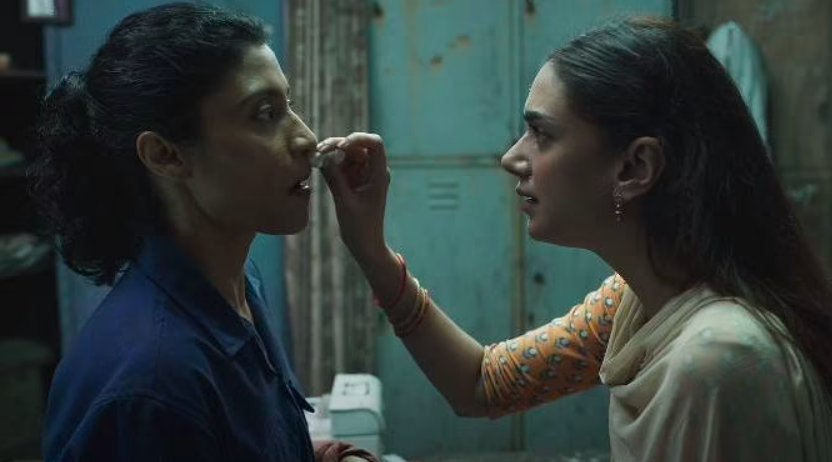
Both the leads – Priya and Bharti are very different from each other. However, they mesh together in a yin and yang way, both a little grey. On the surface, the film speaks of caste politics at a workplace, but the further you delve, the more layers you peel, shared Neeraj Ghaywan.
Priya has the privilege of being Brahmin, which comes with a lot of patriarchy, which is why she can’t fully realise or explore her sexuality. Bharti, on the other hand, has been othered by the world, made invisible, doesn’t get the same recognition that she should get, does not get the job she deserves, but she is exploring her sexuality.
-Neeraj Ghaywan to The Scroll
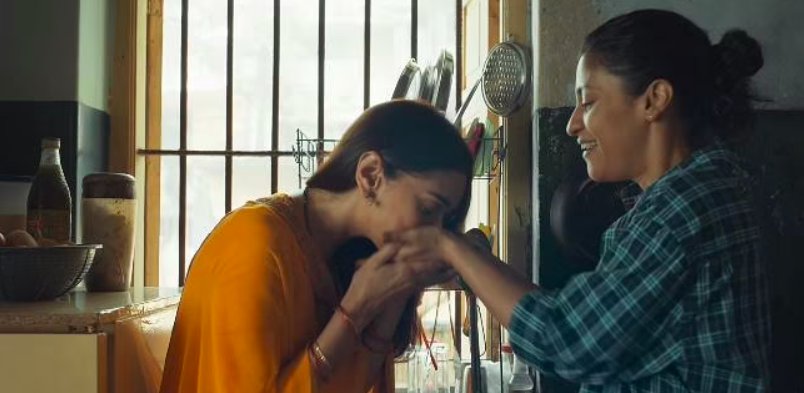
While mainstream movies often shy away from subjects of caste and sexuality, Geeli Pucchi gave us an unapologetic film that wasn’t trying to be bold or loud, just honest.




